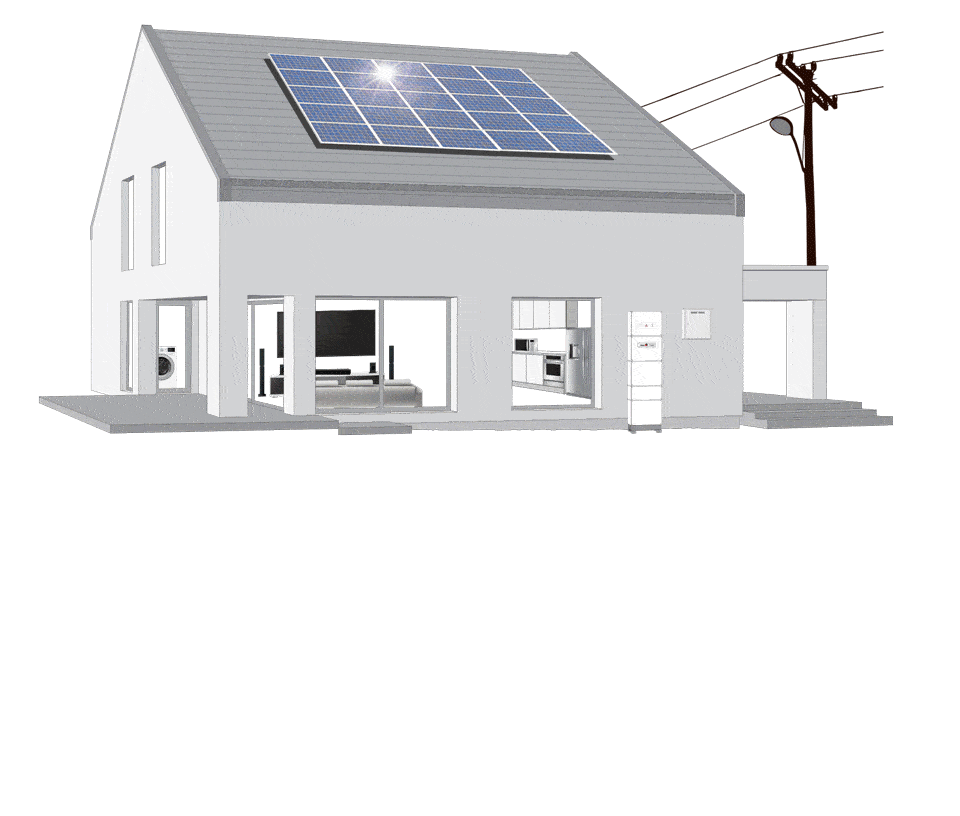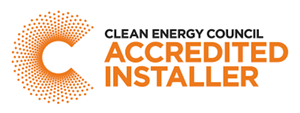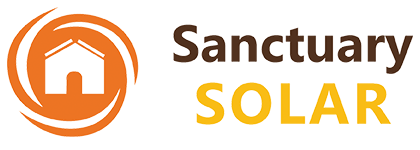RESIDENTIAL SOLAR POWER
SOLAR IS THE FUTURE
Millions of people are saving thousands on their electricity bills every year by installing rooftop solar panels


When you install rooftop Solar:
Save up to 2000 - 2,400 PA in Electricity Costs from a 6.6kW system or bigger
Let Solar supply your Electricity
Get a credit from your electricity provider
Give you a return on $ Investment of up to 40%
Will work for you for many years to come
Pay for the system in 2-3 years
Get paid by the government to install a solar system and offset the initial cost substantially by the Government rebate.
The Solar Credits Subsidy gives qualifying homeowners who live in specific postcodes $1,000s in Government funding to install solar panels.
Best of all use the sun to do something good for the world and stop climate change by not using Fossil Fuels
How does the Solar Credit Subsidy Policy work?
The Australian Solar Credits program is helping ordinary Australians
Reduce their power bills
Generate clean energy
Add value to your home for resale
Some state governments have extra subsidies available to select homeowners
There has never been a better time to install solar on your home and claim government payments!
CHOOSING THE RIGHT SOLAR PANEL
Solar panels harness the energy of sunlight which is converted into electricity.
Solar Panels come in different wattages and 370 watt panels are now becoming the norm with new 400 watt + panels starting to be offered.
There are numerous brands available please see our guide to the top 15 panels rated by Clean Energy Reviews (CER) . Sanctuary Solar only uses panels from this top 15 selection, and all are from Tier 1 manufacturers.
A fully sun exposed rooftop facing north is ideal for a solar system. Where that is not available, make sure the panels are installed in the sunniest location, facing as close to North as possible or East/ West is still a good position. Shade can be managed by using certain panels and inverters, but best to look at avoiding it first.
Solar panel efficiencies are now typically over 19% Efficiency. There is a standard 12 year product and materials warranty for solar panels in Australia, and most solar panels offer a 25 year performance warranty. The higher end solar panels offer 25 years for both.
What does Tier 1 mean?
The tiering system is compiled by Bloomberg. The list is a ranking of the Solar Panel manufacturers, not the Solar panels themselves. Solar Panel manufacturers build a range of panels of varying quality and scope – from budget to the premium end.
Solar panel manufacturers are ‘ranked’ into three tiers. Tier 1 solar panels are manufactured by big brands who have a good reputation in the industry. These companies have generally been around for many years and it is a lot safer investing in Tier 1 companies Solar panels. Sanctuary Solar only uses Tier 1 Solar panels in its systems.
Where did the Tier 1 list come from?
The Bloomberg lists places emphasis on companies with a stable financial background, that invest in research and development into new and emerging technologies, and the companies’ manufacturing capacity.
Inverters
Solar inverters are an especially important part of your Solar System.
Inverters manage your System to convert the direct current (DC) output of solar panels into alternating current (AC) electricity so you can use it in your home, it sends any excess Solar power generated to the grid for a credit or to a battery for storage if you have one.
Inverters can be monitored via a computer app on your phone or a program or device app on your PC or Mac, to check energy generation, consumption and the operation of the system.
Several types of inverters are suitable for home systems see our best Inverter recommendations and CER reviews for the top 5 Inverters in Australia.
SOLAR INSTALLATION
One of the most important parts of the process is the Installation. This is how the system is pieced together and linked to your meter box.
 To Install a Solar system in NSW as well as other states and territories you must be a Certified CEC Installer. This entails an Electrician completing the accredited CEC installers course to be certified.
To Install a Solar system in NSW as well as other states and territories you must be a Certified CEC Installer. This entails an Electrician completing the accredited CEC installers course to be certified.
Sanctuary Solar is a CEC Acredited Installer.
The quality of the installation will determine the quality of the overall system. Quality workmanship will provide years of hassle free Solar Power Generation and Electrical Safety for your home.

